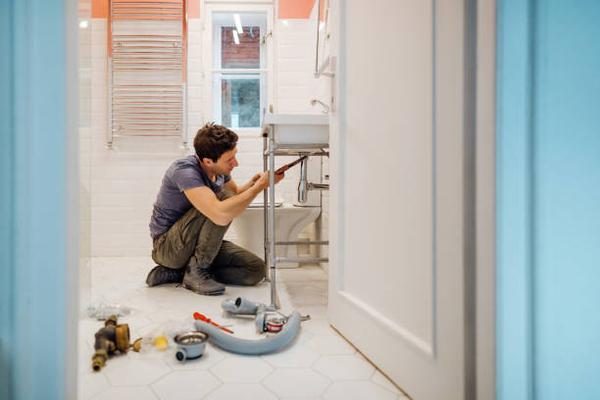
Plumbing pipes are an essential component of any building’s infrastructure, carrying water and waste to and from various fixtures. There are many different types of plumbing pipes available on the market, each with its own unique set of characteristics and benefits. In this guide, we will explore the most common types of plumbing pipes and materials used in residential and commercial applications.
One of the most popular types of plumbing pipes is PVC (polyvinyl chloride) pipe. PVC pipes are lightweight, durable, and easy to install, making them a popular choice for both DIY enthusiasts and professional plumbers. These pipes are resistant to corrosion and chemical damage, making them ideal for use in water supply lines.
Another common type of plumbing pipe is copper pipe. Copper pipes have been used in plumbing systems for centuries due to their durability and resistance to corrosion. Copper is also a great conductor of heat, making dig into it an excellent choice for hot water lines. However, copper can be expensive compared to other materials like PVC.
PEX (cross-linked polyethylene) piping has become increasingly popular in recent years due to its flexibility and ease of installation. PEX piping is resistant to freezing temperatures and can expand without bursting, making it a great choice for cold climates. PEX piping is also less likely to corrode or develop leaks over time compared to traditional metal piping.
Galvanized steel piping was once a common choice for plumbing systems but has fallen out of favor in recent years due to its tendency to corrode over time. Galvanized steel pipes can leach lead into drinking water if they become corroded or damaged, posing a health risk.
Cast iron piping is another traditional material used in older homes that has largely been replaced by newer materials like PVC or PEX. Cast iron pipes are extremely durable but can be heavy and difficult to work with compared to modern plastic alternatives.
When choosing the right type of plumbing pipe for your project, it’s important to consider factors like cost, durability, ease of installation, and compatibility with existing systems. Consulting with a professional plumber can help you make an informed decision based on your specific needs and budget.
